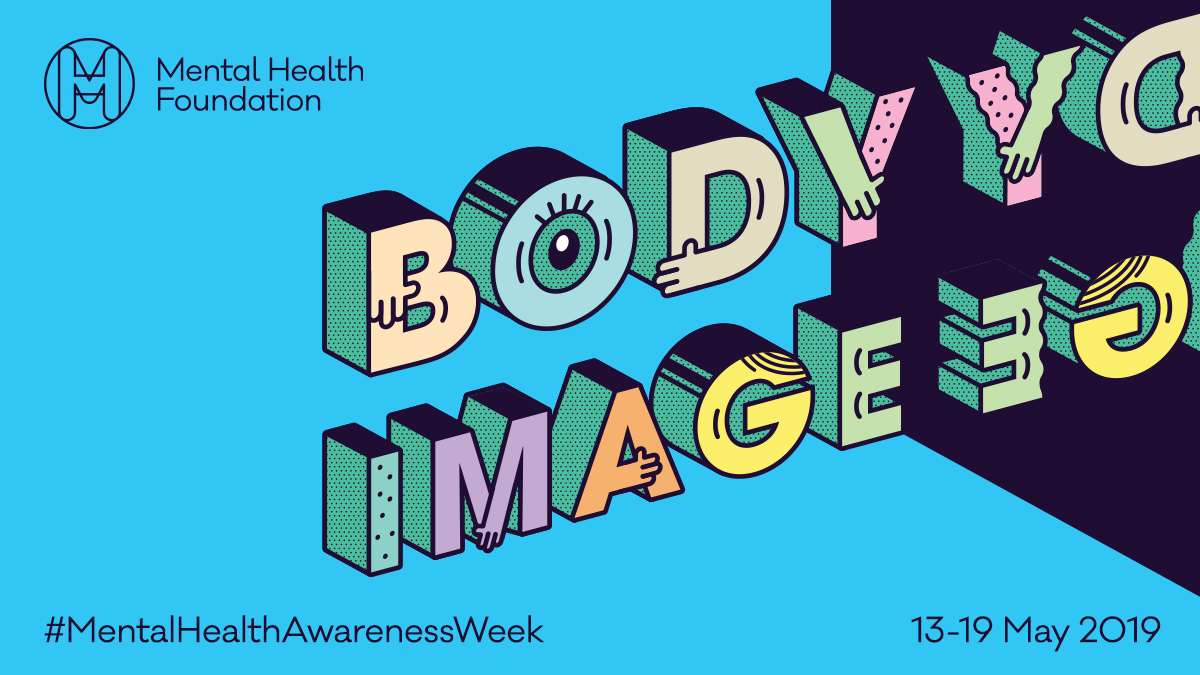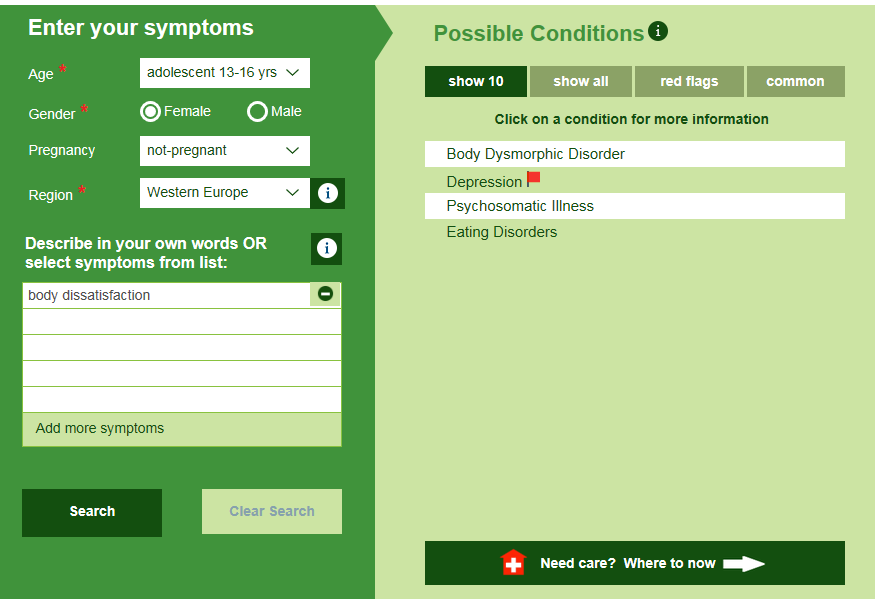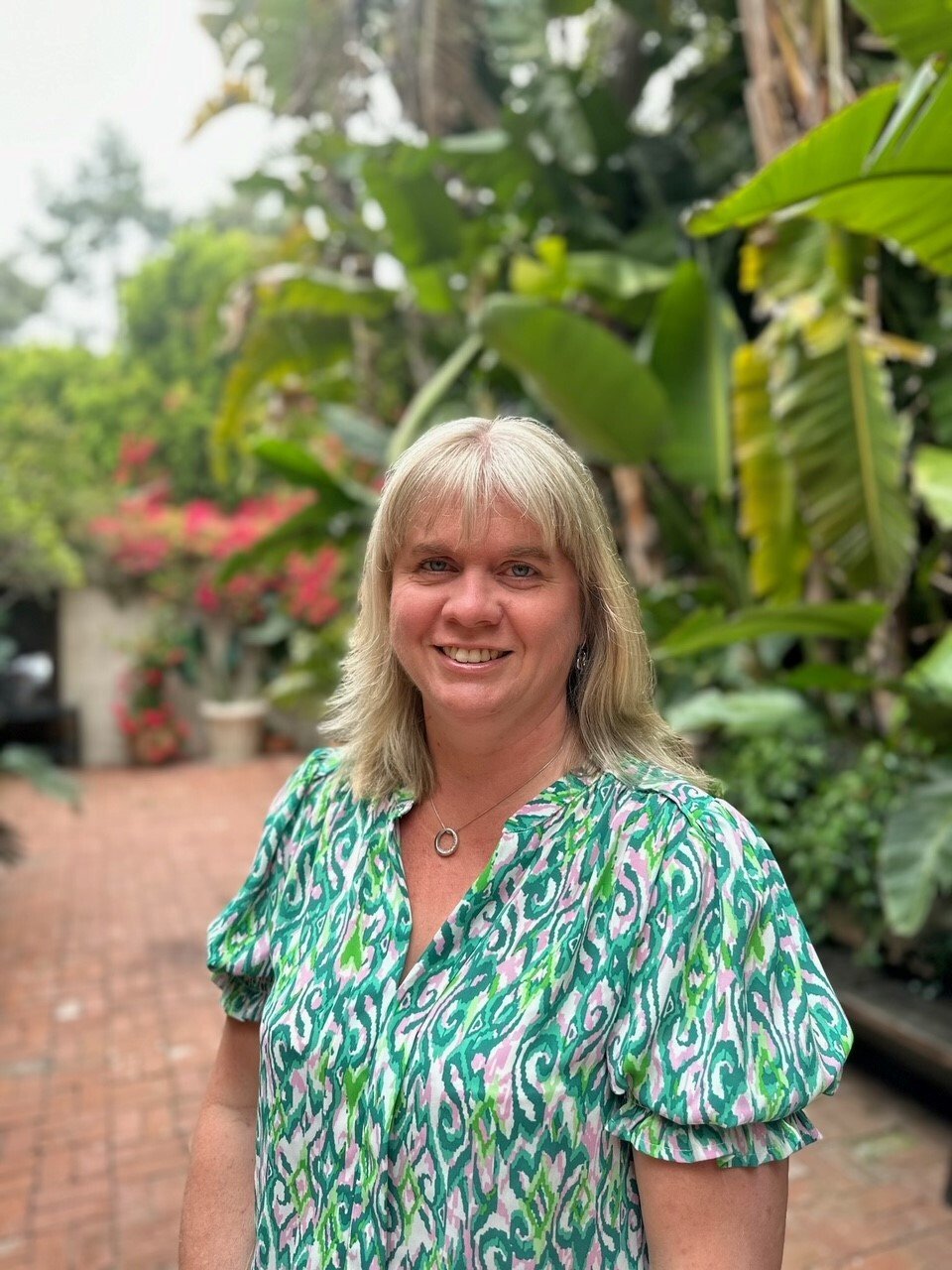- Privacy Policy
- Terms & Conditions
- Contact us
- ©Isabel Healthcare 2025
Body Image - #bebodykind – Mental Health Awareness Week

Mental Health Awareness Week in the UK takes place this week and is organized by the Mental Health Foundation. Each year an issue is selected and focused on to raise awareness of how that issue is linked to Mental Health, and to open up conversations around the topic. This year’s topic is “Body Image – How we think and feel about our bodies.” Body image has a big impact on all our lives and a UK poll released this week by the Mental Health Foundation found that out of 4,500 UK adults:
- One in 5 adults (20%) felt shame about their body image
- One in 3 (34%) felt down or low
- 19% felt disgusted because of their body image in the past year
1,118 UK teenagers (age 13-19) reported that 37% felt upset and 31% felt ashamed with their body image.
What is body image?
Body image is how we view ourselves, either by looking in a mirror, or through how we picture ourselves in our minds. It is formed by many beliefs we hold which include:
- How we feel about our body (height, weight and shape)
- How we view our own appearance (memories, generalizations and assumptions)
- How we physically experience or feel our body in terms of sense and control when we move
These beliefs we hold on body image are impacted by messages and influences we receive from the environment we live in. These include family, ability, disability, peer’s attitudes, media and advertising, the fashion industry and our cultural background. These influences combine with our own views and lead to us forming either a negative or positive body image. Having a healthy body image, as well as examining and understanding our beliefs around body image, is an important part of mental wellbeing. Body image is an issue we all need to explore. We know, from popular culture and statistics, that female teens and young women are vulnerable to having a poor body image, but it is an issue that affects all genders, ages, sexualities and ethnicities. Indeed, in recent years there has been an increase in young men experiencing unhealthy body image, eating disorders and body dysphoria. Mental Health Awareness week is there to encourage us all to be more open to recognizing and discussing our mental health as a whole and our views on body image.
What is a negative body image?
This can be known as a distorted body image or body dissatisfaction and is an unrealistic view of how someone sees their body. Negative feedback from peers, family members, self-criticism, media and advertising can influence our views and we develop a negative image of our body. It could be as simple as someone being told they need to lose a little weight by peers or a sports coach, or becoming fixated gaining weight because they consider themseles to be too thin or have been told so. This can become overwhelming and that person becomes fixated on their weight, no matter how much they lose or gain.
What disorders can result from a negative body image?
As disorders related to body image dissatisfaction are so personal, many people who have the disorders carry out their behaviors without others knowing they are experiencing symptoms. There is often a lot of shame and guilt associated with negative body image, and this can translate to secrecy and hiding any sign of problems. A symptom checker can easily help people and loved ones research and learn more about the disorders associated with a negative body image.

Isabel Symptom Checker and body image dissatisfaction
Eating disorders
We have written more in depth about eating disorders before, for Eating Disorder Awareness Week. Simply put, eating disorders stem from irregular eating habits and severe distress concerning body image and body shape. They typically occur in the teenage years or young adulthood but can occur at any age and they affect both males and females. There are many different types of eating disorders, and the most commmon include:
- Anorexia nervosa – an obsessive fear with gaining weight and an unrealistic perception of body image. People with anorexia nervosa will limit their food intake and sometimes exercise excessively. What food they do consume will make them view themselves as overweight even if they are severely underweight. Anorexia can cause many secondary health problems including brain damage, multi-organ failure, bone loss, heart problems and infertility.
- Bulimia nervosa – this illness has repeated binge eating episodes followed by behaviors to combat the overeating including forced vomiting, excessive exercise or the use of laxatives or diuretics. These episodes of binge eating and purging of food are secretive and create feelings of shame and guilt. Bulimia can cause gastrointestinal problems, dehydration and electrolyte imbalances.
- Binge eating disorder – This includes people eating a lot in short periods of time. They can experience intense guilt, distress and embarrassment and due to this can go on to develop bulimia or anorexia. People can become obese when suffering from binge eating disorder, and because of this are at increased risk of developing cardiovascular problems.
Body dysmorphic disorder
People with this disorder can’t stop thinking about their defects or flaws in their appearance. The defect may be minor or not able to be seen, or may even only be perceived as a flaw by the person experiencing symptoms, but they can feel ashamed and anxious about those flaws, seeing it as a huge problem and avoiding showing them or avoiding social events altogether. The person will obsess over their appearance, repeatedly check appearance and try and seek reassurance from others over their body image or the issue they see as a defect. This behavior becomes obsessive and repetitive.
Depression
Those with a negative body image are more likely to be depressed, anxious and even suicidal. With many, experiencing negative body image means constantly thinking about their own bodies, and being unable to see beyond what they are perceiving their bodies are like, This can affect mental and physical health overall and sometimes cause depression and associated conditions like anxiety and OCD (Obsessive Compulsive Disorder).
Seeking help for negative body image
There are many treatments and therapies available for those diagnosed with the disorders outlined above, so visiting your doctor to try and get a diagnosis is the first, although often most difficult, step. However, negative body image doesn’t always come with a disorder, and is definitely on a spectrum. Talking about body image and promoting healthy body image on Mental Health Week allows us to examine ourselves and the relationships we have with our own body. Sometimes, just thinking about it and taking small steps can help prevent more serious mental health concerns arising. There are many smaller things you can do to encourage your mind to think positively about your body image, including:
- Work on seeing the positive with your body rather than the negative. Sometimes it’s all too easy to forget the positive and concentrate only on the negative. Writing down these things can make them more solid and tangible
- Check your relationship with social media. Is this negatively influencing how you see yourself and your body? If so, you can either limit your use of social media altogether, or better still become a critical reviewer of social media. Pay attention to images, slogans and attitudes within social media posts and critically evaluate them, following profiles and people that boost you
- Take time for yourself and if feeling overwhelmed, take time out for you. Meditation, a good night’s sleep can do wonders
- Look at yourself as a whole person, rather than focusing on specific body parts, or even your body at all. Actor and presenter Jameela Jamil has a brilliant Instragram account called ‘I weigh’ where people are encouraged to sum up all the things that make up a person, without mentioning appearance e.g. I weigh my achievements as a mother
- Acknowledge that you may need help. Many people feel ashamed and embarrassed and it prevents them asking for help when they need it. Research your symptoms and feelings, and try and discuss them with family and friends. You are not alone and these disorders are more common than you think.
If you feel your symptoms are overwhelming you can place them in the Isabel Symptom Checker and discuss them with a doctor, counsellor or health care professional. Seeking help will help put you back in control of your symptoms and ultimately your health.
Raising awareness of this important topic, both in terms of medical disorders which can result, and critically reviewing information we take in about body image from social media and marketing, is the foundation for opening up conversations needed. With that, we can help those who are often suffering in silence and living with mental and physical ill health.

Mandy Tomlinson
Mandy has worked for Isabel Healthcare since 2000. Prior to this, she was a Senior Staff Nurse on the Pediatric Infectious disease ward and high dependency unit at one of London's top hospitals, St Mary’s in Paddington which is part of Imperial College Healthcare NHS Trust. Her experience in the healthcare industry for the past 33 years in both the UK and USA means she's a vital resource for our organization. Mandy currently lives and works in Scottsdale, Arizona.
Subscribe Here!
Recent Posts
Isabel DDx Companion with ChatGPT Integration - to help you diagnose even faster
At Isabel Healthcare, we’ve always been driven by one goal: to make clinical reasoning faster,..Virtual Triage: Do more questions lead to better patient outcomes?
One of the common misconceptions related to virtual triage / symptom checker tools is that the more..List Of Categories
- Differential Diagnosis Decision Support
- Differential diagnosis
- Symptom Checker
- Symptoms
- Medical Error
- Patient Disease Information
- Disease
- Clinical Decision Support
- Diagnostic Decision Support
- Isabel 1 Minute Read
- Diagnosis Error
- Diagnosis Skills Cases
- Healthcare Informatics
- Clinical Reasoning
- Evidence-based Medicine
- Medical Education
- Patient Engagement
- Symptom Triage
- Nurse Practitioner Education
- Nursing Decision Support
- Partnership
- Public Health
- COVID-19
- EHR
- Patient Empowerment
- Patient Safety
- rare disease

Start your FREE Trial today
Try the Isabel Pro DDx generator for 30-days - no payment card details required.




